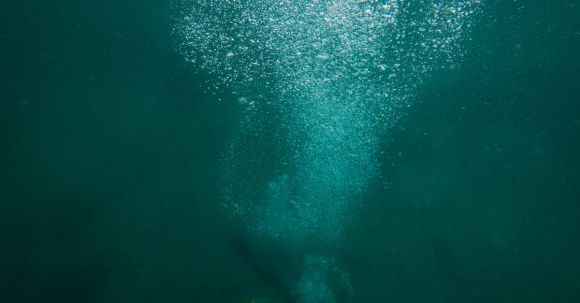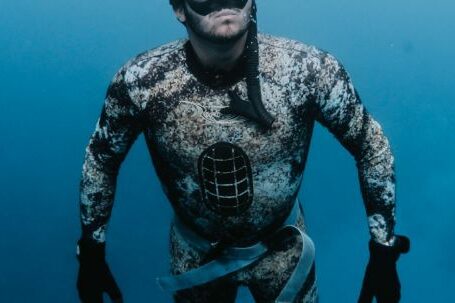Diving is an exhilarating and popular recreational activity that allows individuals to explore the beautiful underwater world. However, like any other sport, diving comes with its own set of risks. Diving-related injuries can range from minor cuts and bruises to more serious conditions such as decompression sickness and lung overexpansion injuries. In this article, we will discuss effective ways to prevent and manage diving-related injuries, ensuring a safe and enjoyable diving experience.
Proper Training and Certification
The first step in preventing diving-related injuries is to receive proper training and certification. Enroll in a reputable diving course where experienced instructors teach you the necessary skills and knowledge to dive safely. They will cover topics such as equipment usage, safety procedures, and emergency protocols. Completing a diving course not only equips you with the required skills but also increases your confidence underwater, reducing the risk of panic-induced accidents.
Maintain Physical Fitness
Diving can be physically demanding, especially for extended periods. Maintaining good physical fitness is crucial to prevent injuries. Regular exercise, including cardiovascular workouts and strength training, improves endurance and strengthens muscles, reducing the risk of fatigue-related accidents. Additionally, maintaining a healthy weight and following a balanced diet can improve overall health and reduce the risk of diving-related health issues such as high blood pressure.
Proper Equipment Usage and Maintenance
Using proper diving equipment and maintaining it regularly is essential for injury prevention. Ensure that your equipment, including masks, regulators, and buoyancy control devices, is in good working condition before each dive. Check for any signs of wear and tear, and replace or repair any faulty equipment promptly. Also, ensure that your dive gear fits you properly to avoid discomfort and potential accidents underwater.
Buddy System
Diving alone is not recommended, as having a buddy significantly reduces the risk of accidents and aids in managing emergencies. Always dive with a buddy and maintain close contact throughout the dive. This allows for prompt assistance in case of equipment failure, disorientation, or other unforeseen circumstances. Regular communication and a predetermined set of hand signals are essential for effective buddy diving.
Monitor Dive Time and Depth
Overexertion and staying underwater for extended periods can lead to diving-related injuries. Monitor your dive time and avoid exceeding the recommended limits for your certification level. Ascend slowly and make safety stops, especially after deeper dives, to allow your body to off-gas and reduce the risk of decompression sickness. Utilize dive computers or dive tables to plan and track your dives accurately.
Proper Buoyancy Control
Maintaining proper buoyancy control is crucial for injury prevention while diving. Ensure that you are properly weighted and practice buoyancy control techniques regularly. Proper buoyancy control not only helps conserve energy but also reduces the risk of accidental collisions with the reef or other divers. Be mindful of your body position and avoid rapid ascents or descents, as they can lead to lung overexpansion injuries.
Emergency Preparedness
Being prepared for emergencies is vital while diving. Carry a well-stocked first aid kit and a signaling device such as a whistle or surface marker buoy to attract attention. Familiarize yourself with emergency procedures and practice them regularly. Additionally, consider completing a rescue diver course to learn how to handle emergency situations underwater and assist fellow divers in distress.
In conclusion, preventing and managing diving-related injuries requires a combination of proper training, physical fitness, equipment maintenance, and adherence to safety protocols. By following these guidelines, divers can minimize the risk of accidents and enjoy a safe and fulfilling diving experience. Remember, safety should always be the top priority when exploring the wonders of the underwater world.





